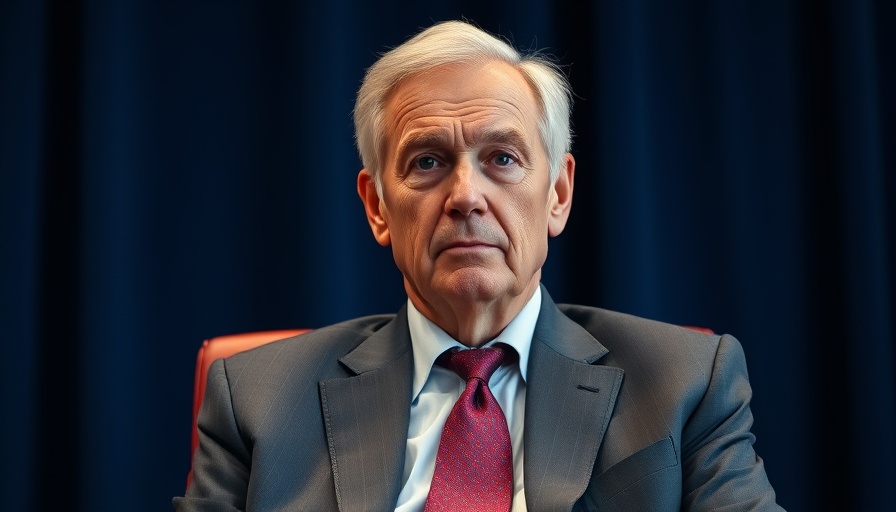
Understanding the Shift in Western Military Support for Ukraine
In a significant shift, Germany's opposition leader, Friedrich Merz, has announced that Western allies are no longer imposing range limits on Ukrainian weapons. This announcement has sparked discussions on the implications of increased military resistance against Russian advances, particularly as Ukraine continues to grapple with the ongoing conflict. The understanding that allies are willing to provide greater support highlights a pivotal phase in international military cooperation.
Historical Context: The Evolution of Military Aid to Ukraine
The evolution of military aid to Ukraine has been marked by cautious steps towards stronger support from Western nations. Initially, the provision of lethal aid was met with hesitance, stemming from fears it might escalate tensions further. Over time, as the Russian invasion intensified, countries like Germany began to acknowledge the urgent need for robust military assistance. The lifting of range limitations on weaponry signifies a critical juncture in how NATO allies perceive their role in this conflict.
Why This Matters: A Change in Strategy
The lifting of range limitations on artillery could empower Ukraine to strike deeper into Russian-held territory, potentially altering the tactical landscape of the war. By enabling Ukraine to hit targets further afield, Western allies risk straining their diplomatic relations with Moscow, but this may also send a clear signal that they stand firmly with Ukraine in its fight for sovereignty.
Future Predictions: What Lies Ahead for Ukraine and Its Allies
Looking forward, this change could lead to several outcomes. Increased military efficacy on Ukraine's part could push for a reassessment of diplomatic negotiations. As Ukraine strengthens its military capabilities, there will be an ongoing debate about the escalation of military support versus the risk of broadening the conflict into a larger war involving NATO. Observing how these dynamics unfold will be crucial for understanding the future of European security.
Counterarguments: Voices of Caution
Despite the shift towards more comprehensive military support, there are voices advocating for caution. Critics argue that expanding military support could isolate Russia further, potentially leading to desperate actions by the Kremlin. The counterarguments emphasize the need for strategic balance—supporting Ukraine while seeking diplomatic pathways to safeguard regional stability.
Decision Making with This Knowledge: What Should Be Considered
For policy makers, understanding the implications of lifting artillery range limits is crucial. It requires weighing military strategy against the long-term goals of peace in the region. Advocacy for continued support might be prevalent, but comprehensive discussions about the endgame, including what a favorable peace looks like for both Kyiv and Moscow, must lead these decisions.
Concluding Thoughts: Take Action for Informed Advocacy
As the global community responds to these changes, individual citizens can play a role too. Engaging with your local and national representatives to express views on military support for Ukraine could influence policymaking. Being part of the conversation ensures that diverse perspectives are heard, which is essential for ensuring a well-rounded approach to this complex and evolving situation.
 Add Row
Add Row  Add
Add 




 Add Row
Add Row  Add
Add 

Write A Comment